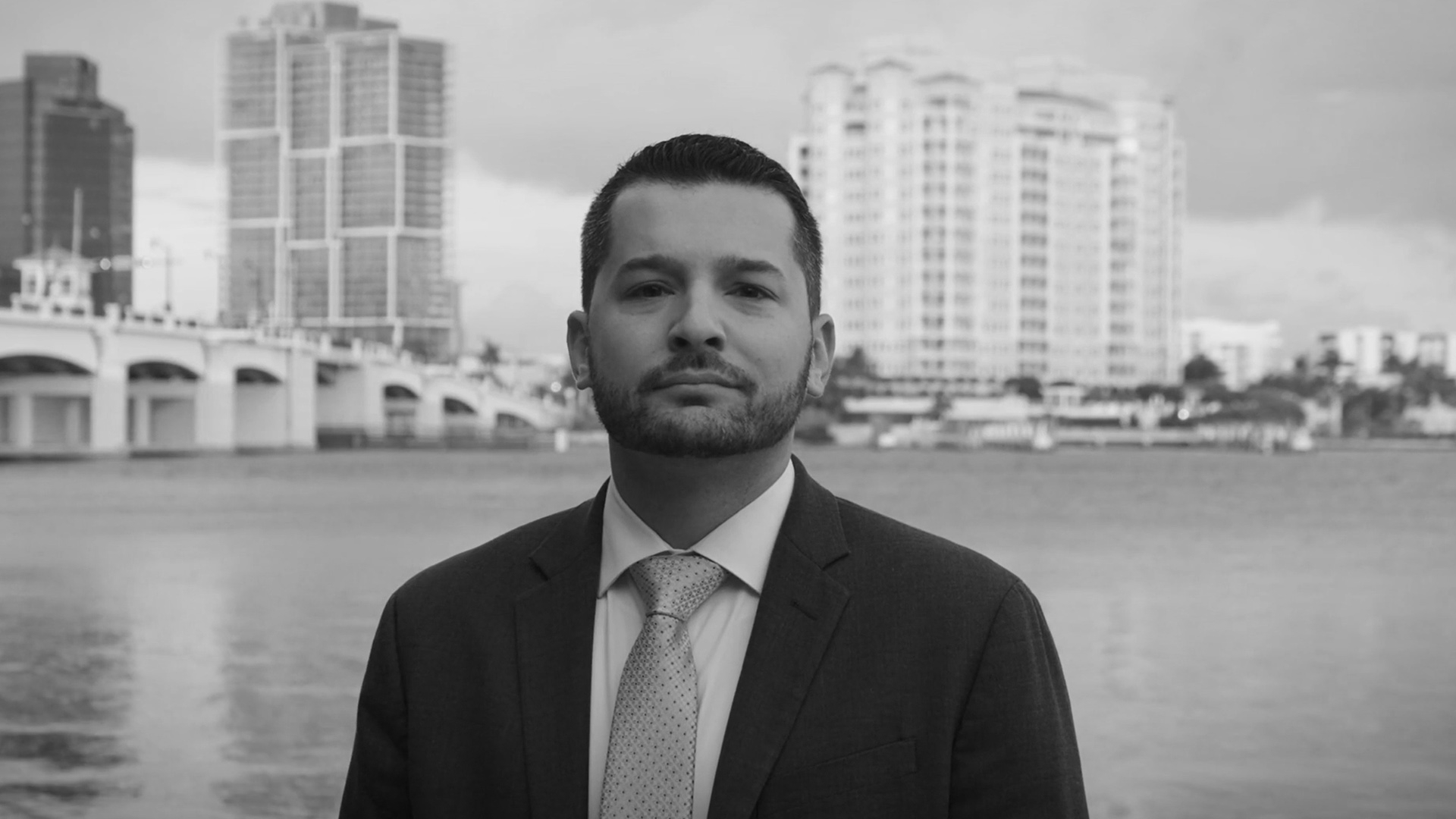
Drug Charge Attorney in West Palm Beach, FL Fighting Drug-Related Charges with Determination in Palm Beach County, Broward County, Martin County, and Throughout South Florida
Have you been arrested for a drug offense in South Florida? The law treats many drug crimes as serious offenses and imposes significant penalties for such crimes. A drug conviction can have devastating consequences, including substantial fines, incarceration, and the stigma of a criminal record. When the police and prosecutors have charged you with a drug crime, a conviction can put your freedom and future at risk. Contact BD Law for an initial case review with an experienced West Palm Beach drug crime lawyer to discuss how we can fight for a favorable resolution to your charges. With years of experience as a criminal defense attorney and former prosecutor, Attorney Brandon Dinetz has the insights needed to identify tailored case strategies to fight the state’s case and pursue the best possible outcome.
Types of Drug Crimes We Handle
At BD Law, a drug charge attorney in West Palm Beach, FL, can help you fight back against drug charges and protect your rights, freedom, and future from the consequences of a conviction. We represent clients facing drug charges involving:
- Simple possession of drugs (possession of drugs for personal use)
- Possession of drugs with intent to distribute
- Drug trafficking/distribution
- Drug distribution near a school or childcare facility
- Illegal manufacture of drugs
- Possession of drug paraphernalia
- Drug-induced homicide (death resulting from unlawful distribution of drugs)

Facing Criminal Charges? BD Law Can Help.
Speak With Our Top-Rated
Criminal Defense Attorney
Penalties for Drug Crime Convictions in Florida
The penalties imposed for a drug-related crime in Florida depend on several factors, including the specific charges and the quantity and type of drugs involved. Crimes involving large quantities of the most dangerous drugs, such as methamphetamine, heroin, or fentanyl, carry the harshest penalties. The severity of a drug crime typically corresponds to the grading of the offense. Under Florida law, each grade of criminal charge has a standard sentencing range, such as:
- First-degree misdemeanor: Up to one year in jail and fines of up to $1,000
- Third-degree felony: Up to five years in prison and fines of up to $5,000
- Second-degree felony: Up to 15 years in prison and fines of up to $10,000
- First-degree felony: Up to 30 years in prison and fines of up to $10,000
However, many drug offenses under Florida law have specific sentencing provisions, which may include mandatory minimum terms of incarceration.
Courts can also impose other penalties as part of a sentence for a drug conviction, including a probation term or a community service obligation.
Common Defenses to Drug Charges
Depending on the facts and circumstances of a case, a defendant facing drug charges may have several avenues to fight the prosecution’s case. Common defense strategies used in drug cases include:
- Lack of possession: Many defendants fight drug charges by arguing that they did not have actual possession (possession on or about one’s person) or constructive possession (exercising custody or control) over the drugs seized by police.
- Illegal search/seizure or unlawful questioning: Defendants facing drug charges frequently seek to exclude evidence and inculpatory statements by arguing that law enforcement investigators unlawfully obtained them, such as by initiating a traffic stop without reasonable suspicion of a traffic violation or criminal offense, searching a vehicle without probable cause, or questioning the defendant after detention/arrest without advising them of their rights.
- Lack of intent to distribute: A defendant may seek to reduce the severity/grading of a drug offense by arguing that they did not intent to distribute or sell the drugs but instead possessed them for personal consumption.
- Unreliable lab testing: A defendant might challenge the identity of a substance seized by police by challenging the lack of confirmatory laboratory testing or the reliability of test results.
- Chain-of-custody issues: Defendants may seek to exclude drugs from evidence by highlighting breaks in the chain-of-custody that raise questions about the identity/ownership of the drugs.
Contact a Drug Charge Attorney in West Palm Beach, FL, Today to Discuss Your Legal Options
After getting arrested on drug charges in South Florida, you need experienced, dedicated legal counsel to protect your rights, reputation, and future. Contact BD Law today for a confidential consultation with West Palm Beach drug crime lawyer Brandon Dinetz to discuss your options for resolving your charges.
